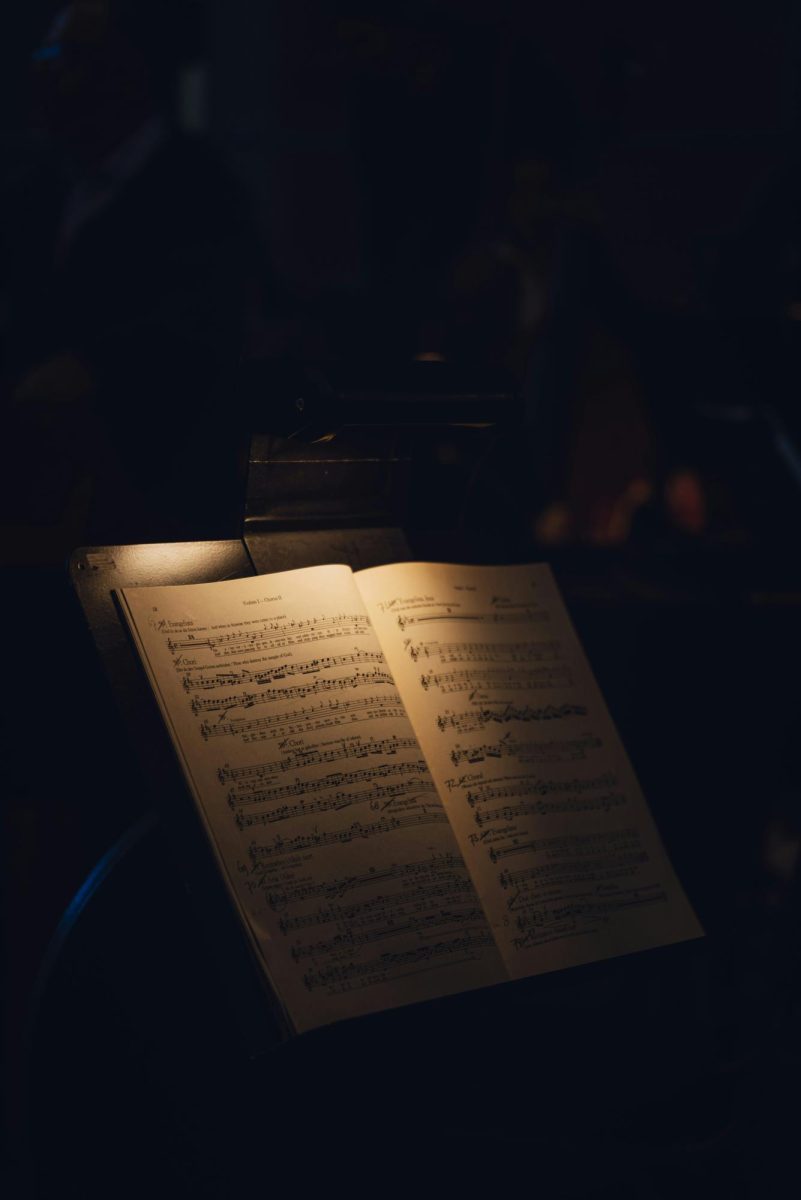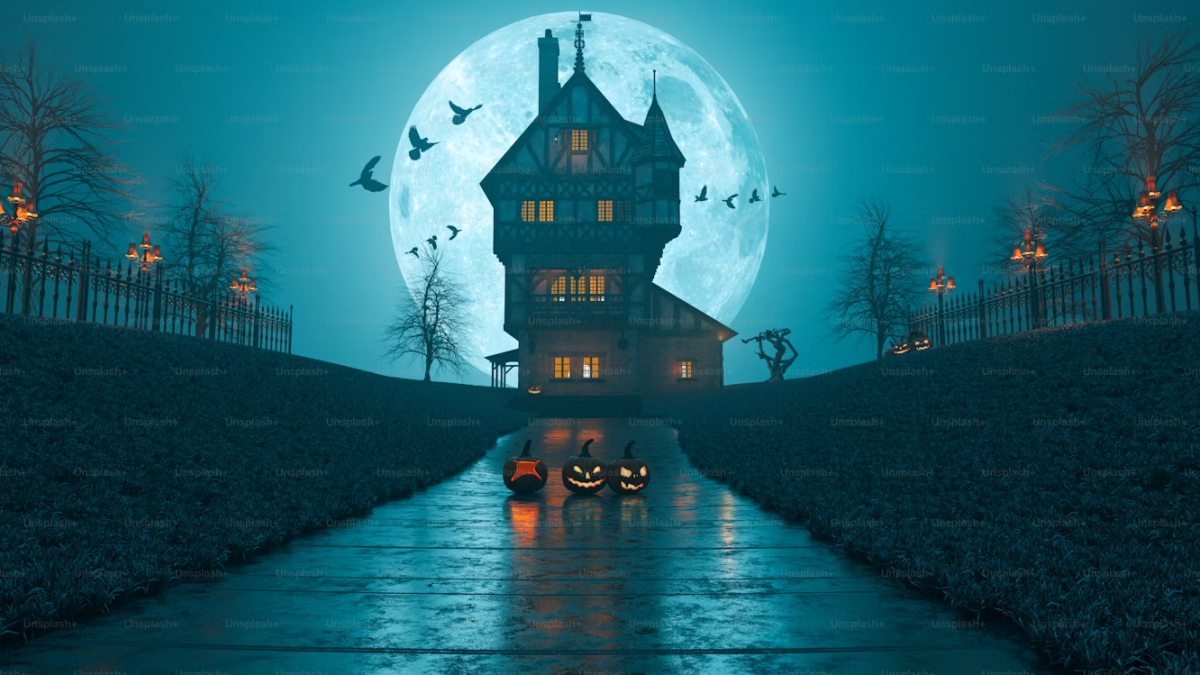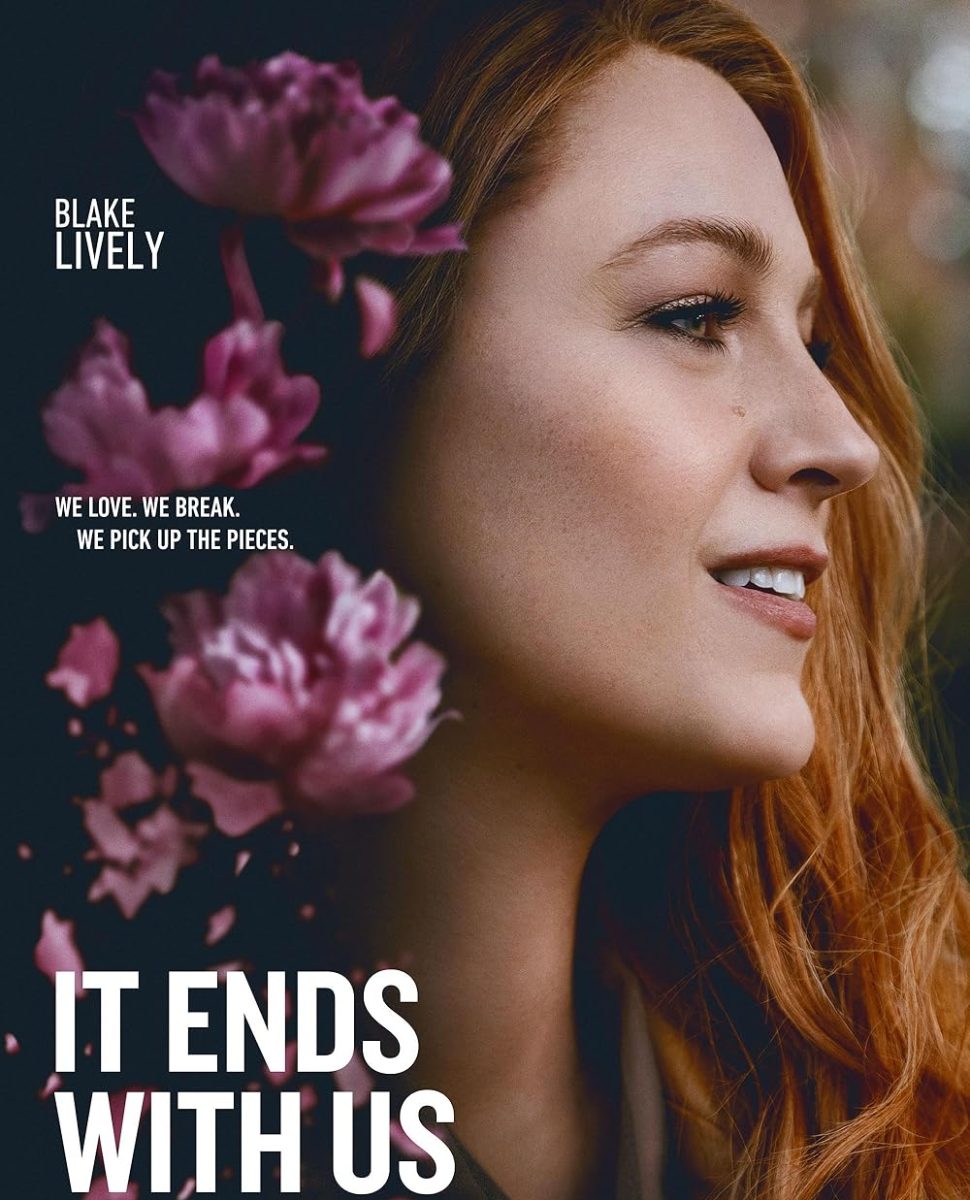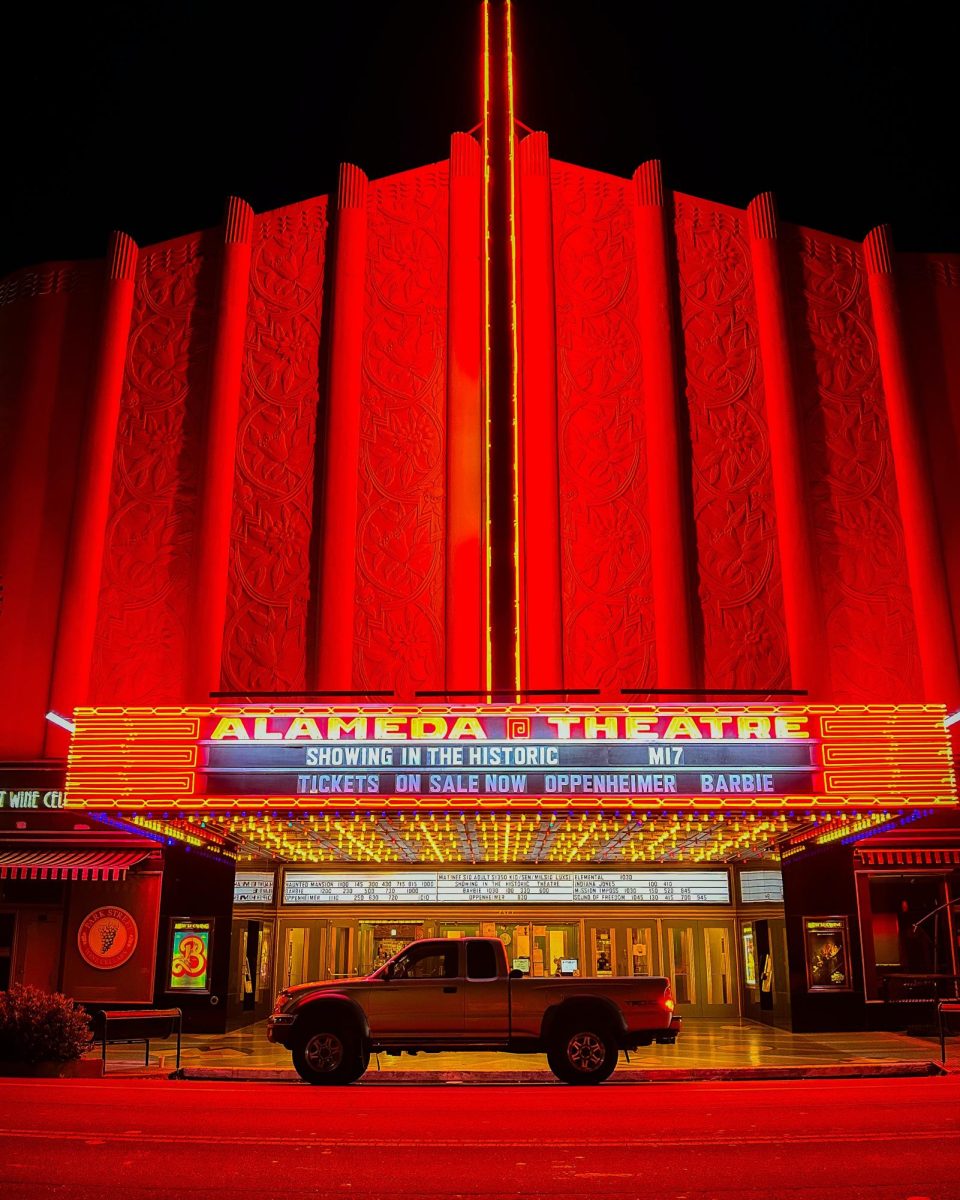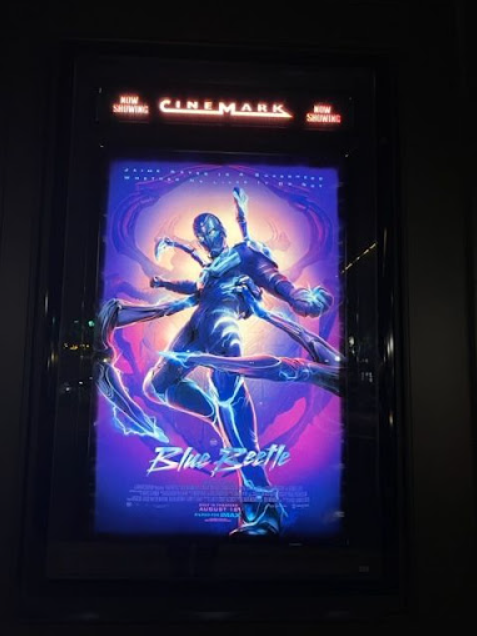Would Darth Vader be nearly as intimidating if his dramatic entrances weren’t accompanied by “The Imperial March”? Some of the most iconic works of cinema are often attributed to their stellar soundtracks—and that isn’t for no reason. John Williams’ work on the Star Wars franchise and Hans Zimmer’s standout pieces for The Lion King have grown to serve as anthems for the generations who grew up watching these films. Timeless classics, hot prospects, soundtracks, and credit themes alike all deserve their due recognition. With how often standout pieces get snubbed on the stage, it’s time we stop weighing a work’s worth in Academy Award nominations. Here instead are the crowd-pleasers, the technical marvels, and the trademark anthems among some of the best pieces of movie music over the years.
Some of the most superb scores are saved for when the curtains open and close; but what if the final inclusion tears a fanbase apart? In the unique case of Spectre (2015), the twenty-fourth entry in the James Bond film franchise, producers Barbara Broccoli and Michael G. Wilson commissioned English rock band Radiohead to make the movie’s opening credit theme. However, their initial submission, “Man of War,” was turned down due to being an already-existing song written in 1997, thus making it ineligible for the next event of the Academy Awards. In response, Radiohead wrote and submitted an entirely original song for the movie, “Spectre.” But even then, the producers of the film made the executive decision to turn down Radiohead once again, instead hiring Sam Smith to write what was ultimately featured in the film, “Writing’s on the Wall.”
Radiohead guitarist Jonny Greenwood would later state that he believed the producers of Spectre turned down their new song due to it being “too dark” for the tone of the film. The band had also needed to delay their then-upcoming album, “A Moon Shaped Pool,” for the production of “Spectre,” frustrating the fanbase as the song became unused anyway. Sam Smith’s “Writing’s on the Wall” sits now with 289 million streams on Spotify, while Radiohead’s “Spectre” bolsters 47.3 million.
Alternatively, the tracks that play while the credits roll have proven to be just as noteworthy as their counterparts. Some special picks include:
1. “Analyse” by Thom Yorke for Christopher Nolan’s The Prestige (2006)
Radiohead returns for lead singer Thom Yorke’s solo work in Christopher Nolan’s star-studded film; featuring Hugh Jackman, Christian Bale, and Scarlett Johansson. The Prestige follows the tense rivalry between two magicians in Victorian-era England, and the mysterious “Transported Man” trick that might be more than just an illusion. The lyrics of Yorke’s track speak greatly to the source material, adapting the futility of the duo’s chase to fame: “A self-fulfilling prophecy / Of endless possibility / In rolling reams across a screen / In algebra, in algebra.”
2. “Where Is My Mind?” by Pixies for David Fincher’s Fight Club (1999)
Pixies’ cult classic track is the first of the list to not have been an original score made for its respective film. First written in 1988, “Where Is My Mind” didn’t experience nearly as much recognition as it does today, mostly relying on radio coverage, until it was featured in Fincher’s film eleven years later. The song’s title, repeated throughout the chorus, echoes the main character’s experience in Fight Club, as well as its chaotic and climactic final scene.
3. “All The Stars” by Kendrick Lamar and SZA for Ryan Coogler’s Black Panther (2018)
Serving as a great return to original scores are the soundtrack and album of Coogler’s Black Panther, courtesy of Ludwig Göransson and Kendrick Lamar respectively. When preparing for his work on the film, Göransson traveled to Senegal to become familiar with the various African instruments he ended up including in the original soundtrack. Once the movie and its soundtrack finish their runtime, Kendrick Lamar and SZA’s piece for the end credits begin as a wonderful inclusion whose catchy chorus and modern beat rounds out the movie as a whole. “All The Stars” sits at 2.5 billion streams today, remaining as one of Kendrick Lamar’s most streamed songs.
As our credit themes conclude, here are some obligatory honorable mentions:
- “Ghostbusters” by Ray Parker Jr. for Ghostbusters (1984) and “Grease” by Barry Gibb and Frankie Valli for Grease (1978), two brilliant, original ending credit themes that became emblematic to their own films.
- “Kung Fu Fighting” by Carl Douglas for Dreamworks’ Kung Fu Panda (2008), a song repurposed for the movie, to which it has since become inseparable from.
Once the stage is set and the show begins, the original soundtracks of these films take up the task of punctuating every high and low. When looking at these collections, a few names tend to reappear. Below are some of the best composers in cinema and their most prominent works:
1. John Williams – Star Wars franchise (1977-2019)
John Williams is the most decorated film composer of all time, working on famous titles like the Star Wars movies, E.T., and Indiana Jones. Williams’ composing for Star Wars has continued from its inception and into the new millennium, standing out as one of the lengthiest careers in film music. Williams has also branched out and composed other popular pieces, like the NBC Sunday Night Football theme song, “Wide Receiver.” Williams’ music has become a signature of Star Wars media, and lives on today.
2. Hans Zimmer – The Lion King (1994), Dune movies (2021-)
Hans Zimmer rose to prominence with his work on The Lion King, and has since tested the limits with his spectacular synths and electrifying scores. Zimmer has often been brought along for cerebral blockbusters like the Dune movies, Inception, and Interstellar. His tendency to combine grand orchestral arrangements with powerful electronic music gives his scores a timeless quality that only compliment the films he makes them for. Zimmer has received numerous accolades worldwide, and continues to make music for some of the biggest productions in film.
3. Ludwig Göransson – Oppenheimer (2023), Sinners (2025)
Ludwig Göransson’s filmography stands alongside those of the veterans of the trade, despite all of his works being from within the past decade and a half. Many of Göransson’s breakout pieces have already earned him hall-of-famer status, and his pieces over the years have only become more and more impressive and significant. The inspiration Göransson takes from real-world settings breathes life into his work, like the authentic representations of traditional West African instruments and Southern American blues music in Black Panther and Sinners respectively, all the while mixing in modern hip-hop and electronic tracks. The success Göransson has already experienced is only indicative of the success to come over the course of his career in film music.
4. Joe Hisaishi – Howl’s Moving Castle (2005), Spirited Away (2002), Princess Mononoke (1997), etc.
Joe Hisaishi remains to be one of the most celebrated and influential Japanese composers, having worked alongside film director Hayao Miyazaki and Studio Ghibli for over 40 years. His scores are featured in Studio Ghibli’s roster of animated films, earning him worldwide recognition for his beautifully composed classical pieces and signature theme songs. Many of Studio Ghibli’s films, like Howl’s Moving Castle and Spirited Away, can attribute part of their identity to Hisaishi’s music. Hisaishi and Miyazaki’s partnership is likely to continue as Studio Ghibli releases its next films. We can expect Hisiashi’s future pieces to be just as magical as the fables he writes them for.
Before closing out this retrospective of songs in cinema, Oakton’s very own Orchestra Director, Mr. Oppenheimer (Mr. O.), wanted to share what he thought on the matter.
Many popular pieces are often recognized for the same three main traits: being technically impressive, representative of the piece of media it’s made for, and generally crowd-pleasing. Most composers seek to check all three boxes, but when asked for any traits he’d weigh as the most important, Mr. O. instead posited, “A really good sign of an excellent score is when the emotions that are being presented onstage are accurately or artfully conveyed in the music,” or something that “you don’t necessarily notice.” More than just being representative of the story, Mr. O. argues that a song should compliment a film so completely that it becomes almost one in the same.
Mr. O. adapts that same philosophy in his own class when he assigns his students scores to perform for Orchestra. Specifically, he often uses overtures—introductory pieces played at the beginning of a film or performance—typically tasked with setting the stage for the themes, characters, and events to come. Of the pieces that Mr. O. teaches, his students typically gravitate towards the ones that are, simply put, “high quality music.” Mr. O. describes the type as having “good melody, good accompaniment, . . . being interesting . . . and not too repetitive, but also repetitive, because that’s what we like in music.” Ultimately, a lot of what makes a song “high quality” is really just what its listeners like about it.
So if beauty is truly in the eye of the beholder, do awards and accolades on the highest stages really mean anything when determining the worth of a piece of film music? Mr. O. believes that while awards can indicate the quality of a song, they can’t really define it. Rather than looking at award shows to appraise the value of music, people can instead take up the task of recognizing great work themselves.
By compiling some of the best works of film music, this list has achieved just that. Why should it matter if La La Land got snubbed at the Oscars when there are about a million YouTube video essays out there praising it? Why should people wait expectantly for the Grammys each year when you can already gauge the influence of a song off of its Spotify streams? The best part of recognizing great music in film is that, as Mr. O put it, “It’s up to you.”



